Dak Lak Rubber (DRI) Q1 profit down 29%, stock loses nearly 2/3 of value
In the business results report for the first quarter of 2023, Dak Lak Rubber Joint Stock Company recorded net revenue of VND 126.5 billion, down 6% over the same period last year.
It is worth mentioning that the cost of goods sold not only did not decrease with revenue but increased from VND 88.4 billion to VND 92.1 billion, causing gross profit to decrease from VND 45.8 billion to only VND 34.4 billion, corresponding to a decrease of 33.1%.
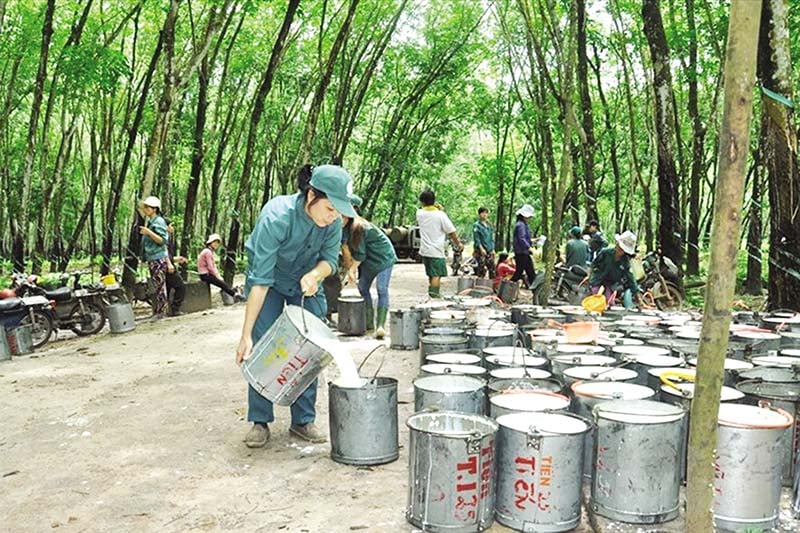
Dak Lak Rubber (DRI)'s business situation declined, with profits down 29.3% in the first quarter (Photo TL)
However, during the period, thanks to saving financial costs from 10.1 billion VND in the same period to 2.6 billion VND, Dak Lak Rubber's business profit during the period also improved slightly.
On the contrary, selling expenses and business management expenses have not been effectively controlled, climbing to VND9.1 billion and VND5.3 billion respectively. After deducting all expenses and taxes, Dak Lak Rubber's remaining after-tax profit was only VND14.7 billion, down 29.3% compared to the same period last year.
Dak Lak Rubber's poor business performance in the first quarter was partly reflected in DRI's stock price. In the trading session on April 18, 2023, DRI code was only recorded at VND 7,600/share. DRI code has fluctuated around this price for many months now but still shows no signs of a breakthrough.
Compared to the price achieved exactly 1 year ago, at 18,900 VND/share, it can be seen that DRI has lost 2/3 of its value in just 1 year. In addition to the poor business results in the first quarter, information about the disciplinary action of Chairman of Dak Lak Rubber Joint Stock Company - Mr. Nguyen Viet Tuong is also a factor that has shaken the confidence of shareholders.
For illegally leasing land, Dak Lak Rubber Chairman, Mr. Nguyen Viet Tuong was disciplined.
In early 2023, during the 20th session on reviewing the implementation of disciplinary measures against Party organizations and Party members who violated the law, the Dak Lak Provincial Party Committee's Inspection Commission issued a press release clearly stating the case of Mr. Nguyen Viet Tuong, Party Secretary and Chairman of Dak Lak Rubber Joint Stock Company, who was disciplined with a reprimand.
Previously, at the 19th session, the Dak Lak Rubber Inspection Committee carried out the process of considering disciplinary action according to Party regulations against Mr. Tuong, due to violations of State regulations in labor management, land, investment, finance, and construction.
Regarding this issue, the Dak Lak Provincial Inspectorate previously concluded that from 2017 to 2019, Dak Lak Rubber Joint Stock Company signed contracts for individuals and organizations to rent more than 4,000 hectares of replanted rubber land to intercrop sweet potatoes, bananas, coffee, durian, etc. After that, the company changed the form of contracts for individuals and organizations to rent land from 6 years to 21 years (for contracts signed for 6 years) and 22 years (for contracts signed for 7 years).
At Phu Xuan Rubber Farm, a unit under Dak Lak Rubber Joint Stock Company, there were 20/23 cases of land lease contracts signed but did not directly implement the contract. Instead, these cases leased to a third party to benefit from the difference (many cases were company officers and employees).
In 2019, the Dak Lak Provincial People's Committee agreed to the policy of converting the crop structure towards applying high-tech agriculture on an area of over 548 hectares in Cu Bao commune, Buon Ho town. However, Dak Lak Rubber put 389 hectares of land into investment and production cooperation with Tuan Hung Tay Nguyen Co., Ltd. and Thong Nhat Agricultural Co., Ltd., which was not in accordance with regulations.
In addition, according to the Dak Lak provincial inspector, Dak Lak Rubber also did not have a written request for opinions from the departments and the Dak Lak Provincial People's Committee. On the basic principle, the use of rubber land for short-term intercropping is not within the authority and not in accordance with the land use plan.
Source








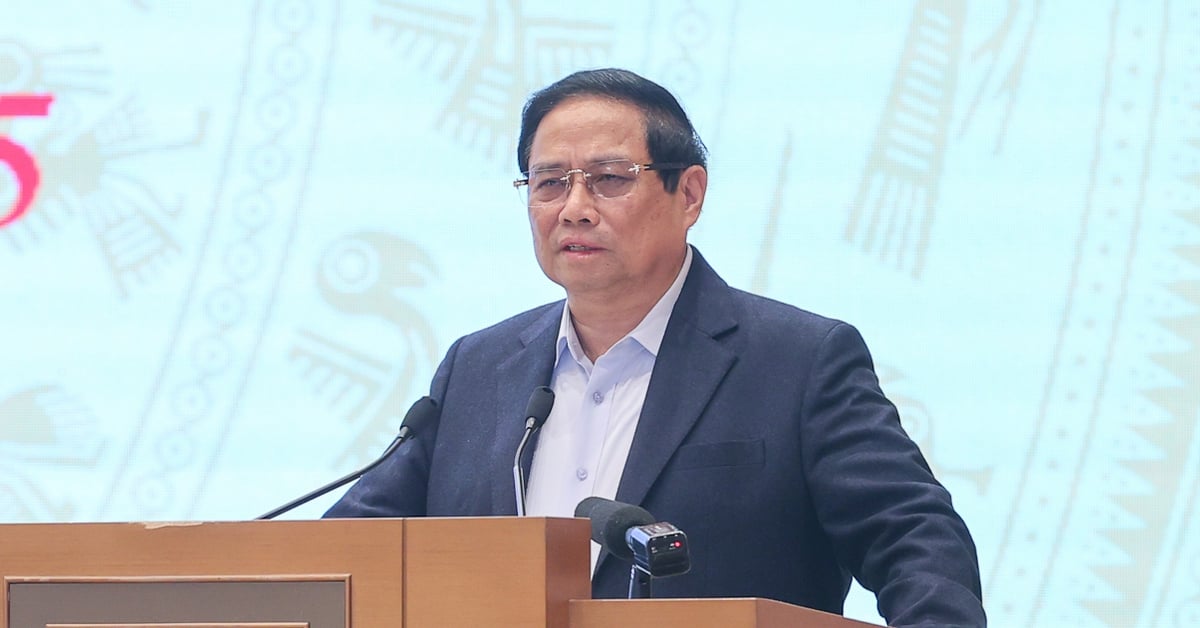

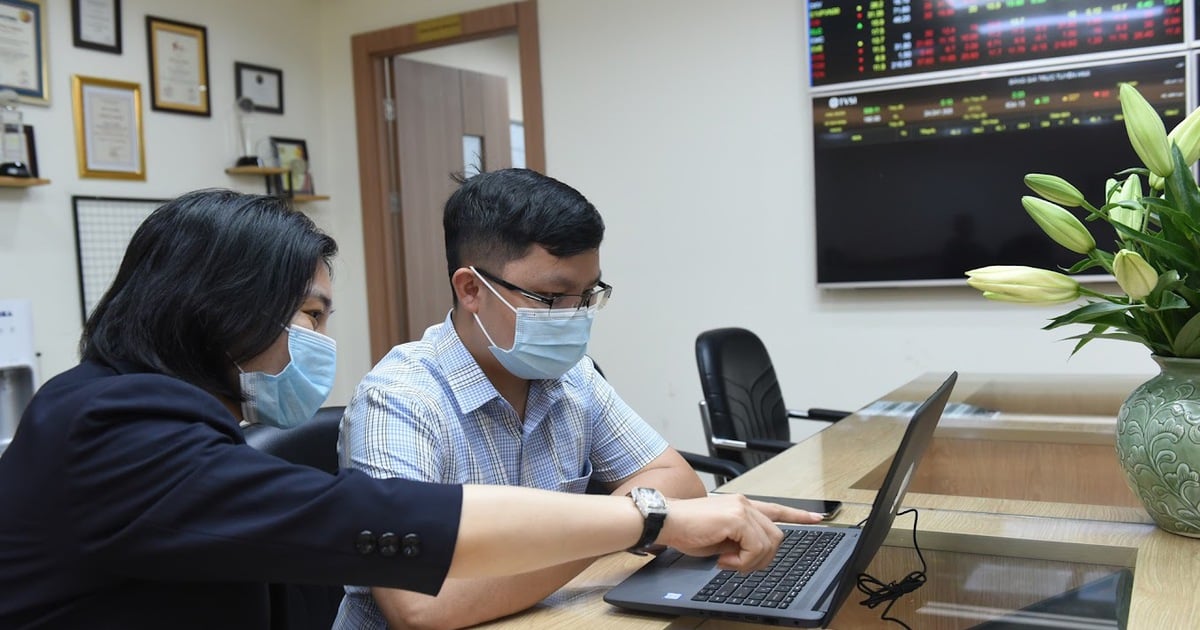

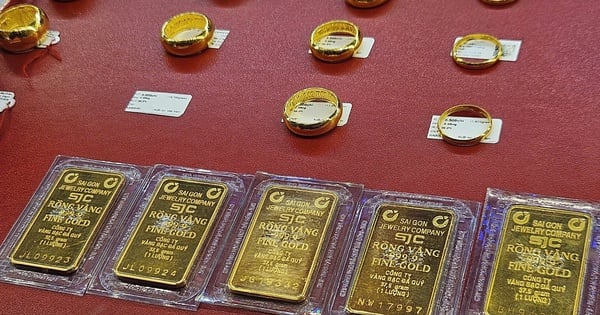

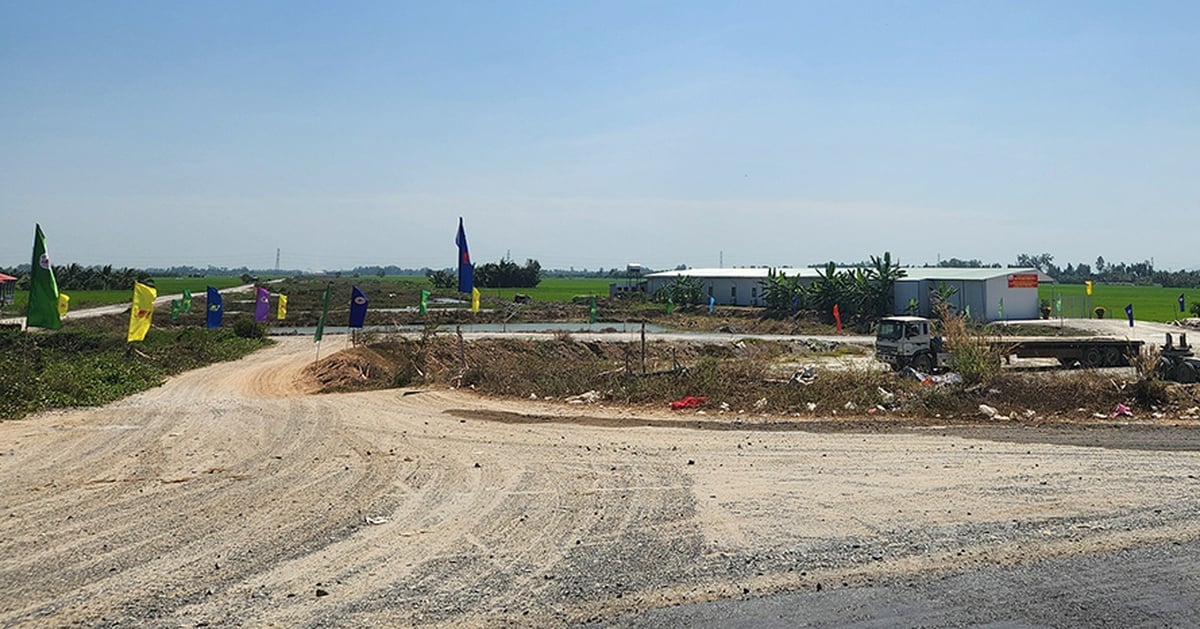


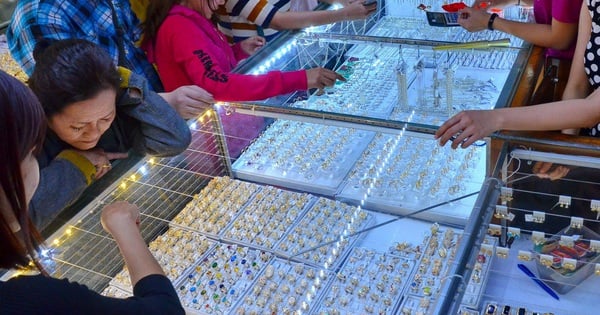



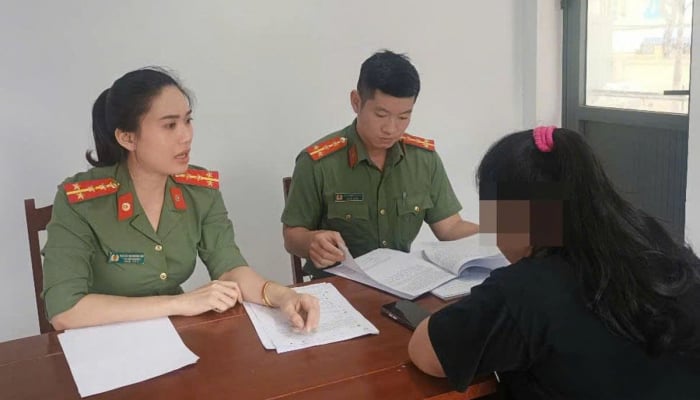
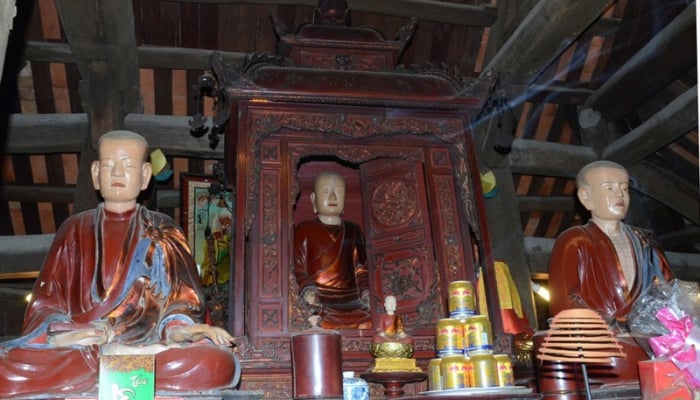






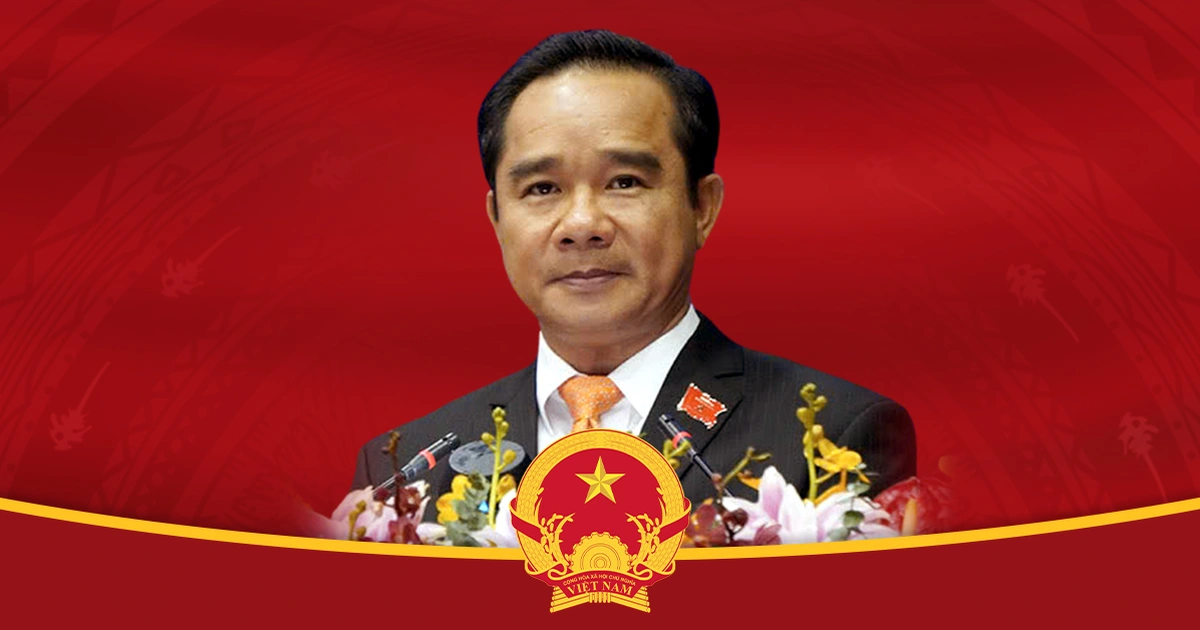




Comment (0)